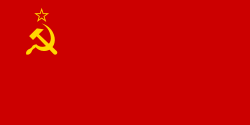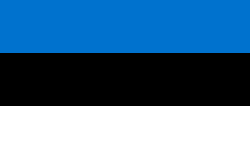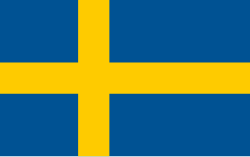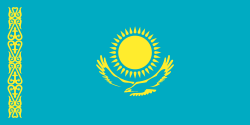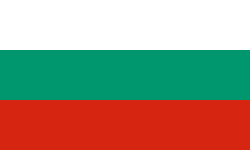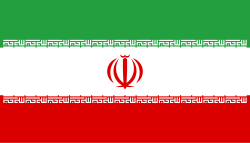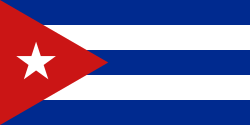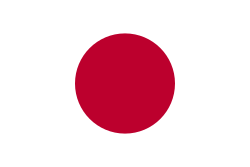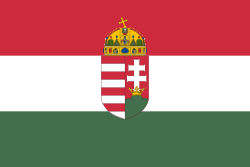Nazir Mankijev
| Nazir Mankijev | |
|---|---|
| Osobní informace | |
| Rodné jméno | Назир Юнузович Манкиев |
| Datum narození | 27. ledna 1985 |
| Místo narození | Surchachi, |
| Stát | Rusko |
| Rodina | Bekchan Mankijev (bratr) |
| Sportovní informace | |
| Klub | Surchachi (zač.) SKA Krasnojarsk (vrch.) |
| Trenéři | Ruslan Čachkijev (zač.) Michail Gamzin (vrch.) |
| Kategorie | lehká váha |
| Zápasnický styl | volný styl, zápas řecko-římský |
| Účast na LOH | 2008 |
| Údaje v infoboxu aktuální k roku 2018 | |
| Přehled medailí | ||
|---|---|---|
| zlato | LOH 2008 | ř.-ř. −55 kg |
| Mistrovství světa v zápasu řecko-římském | ||
| bronz | MS 2007 | muší váha |
| bronz | MS 2010 | muší váha |
| Mistrovství Evropy v zápasu řecko-římském | ||
| stříbro | ME 2010 | muší váha |
Nazir Junuzovič Mankijev (* 27. ledna 1985[1]) je bývalý ruský zápasník – klasik ingušské národnosti, olympijský vítěz z roku 2008.
Sportovní kariéra
Zápasení se věnoval od svých 13 let v ingušském Surchachi. Na zápas řecko-římský se specializoval v Krasnojarsku, kde se od roku 2002 připravoval vrcholově v armádním tréninkovém centru pod vedením Michaila Gamzina.[2] V ruské mužské reprezentaci se pohyboval od roku 2005 ve váze do 55 kg. V roce 2008 uspěl v ruské olympijské nominaci pro start na olympijských hrách v Pekingu. Ve čtvrtfinále vyřadil po vyrovnaném průběhu zápasu favorizovaného Íránce Hamída Suriána a po finálovém vítězství nad Ázerbájdžáncem Rovšanem Bajramovem získal zlatou olympijskou medaili. V roce 2012 prohrál olympijskou nominaci na olympijské hry v Londýně s Mingijanem Semjonovem. Sportovní kariéru ukončil v roce 2016.
Výsledky
| Turnaj | 2006 | 2007 | 2008 | 2009 | 2010 |
|---|---|---|---|---|---|
| 21 | 22 | 23 | 24 | 25 | |
| -55 | |||||
| Olympijské hry | 1. | ||||
| Mistrovství světa | — | 3. | — | 3. | |
| Mistrovství Evropy | úč. | — | úč. | — | 2. |
Odkazy
Reference
- ↑ Jeho ročník narození je pravděpodobně vyšší – 1982–1985.
- ↑ Archivovaná kopie. www.llr.ru [online]. [cit. 2018-11-05]. Dostupné v archivu pořízeném z originálu dne 2018-11-05.
Související články
- Zápas ve Rusku
Externí odkazy
- Nazir Mankijev v databázi Olympedia (anglicky)
- Výsledky Nazira Mankijeva na uni-leipzig.de
Média použitá na této stránce
Olympic Rings without "rims" (gaps between the rings), As used, eg. in the logos of the 2008 and 2016 Olympics. The colour scheme applied here was specified in 2023 guidelines.
Olympic Rings without "rims" (gaps between the rings), As used, eg. in the logos of the 2008 and 2016 Olympics. The colour scheme applied here was specified in 2023 guidelines.
Flag of Germany with a 3:2 ratio, instead of 3:5. The 3:2 version was used by the German Confederation and the Weimar Republic. See Flags of the World for more information.
Flag of Germany with a 3:2 ratio, instead of 3:5. The 3:2 version was used by the German Confederation and the Weimar Republic. See Flags of the World for more information.
(c) I, Cmapm, CC BY-SA 3.0
The flag of the Soviet Union (1955-1991) using a darker shade of red.
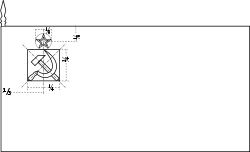
(c) I, Cmapm, CC BY-SA 3.0
The flag of the Soviet Union (1955-1991) using a darker shade of red.

Variant version of a flag of Japan, used between January 27, 1870 and August 13, 1999 (aspect ratio 7:10).
Finská vlajka
Flag of Iran. The tricolor flag was introduced in 1906, but after the Islamic Revolution of 1979 the Arabic words 'Allahu akbar' ('God is great'), written in the Kufic script of the Qur'an and repeated 22 times, were added to the red and green strips where they border the white central strip and in the middle is the emblem of Iran (which is a stylized Persian alphabet of the Arabic word Allah ("God")).
The official ISIRI standard (translation at FotW) gives two slightly different methods of construction for the flag: a compass-and-straightedge construction used for File:Flag of Iran (official).svg, and a "simplified" construction sheet with rational numbers used for this file.
Flag of South Korea from 21 February 1984 to 15 October 1997, when the exact colors were specified into their shades.
Flag of Hungary, from 6 November 1915 to 29 November 1918 and from August 1919 until mid/late 1946.
